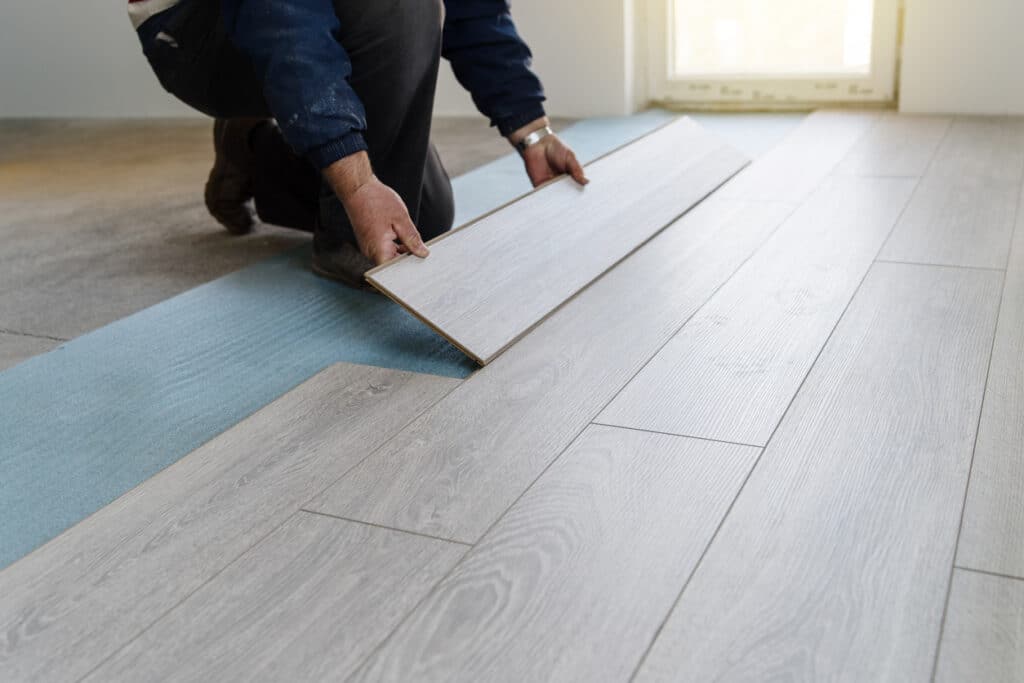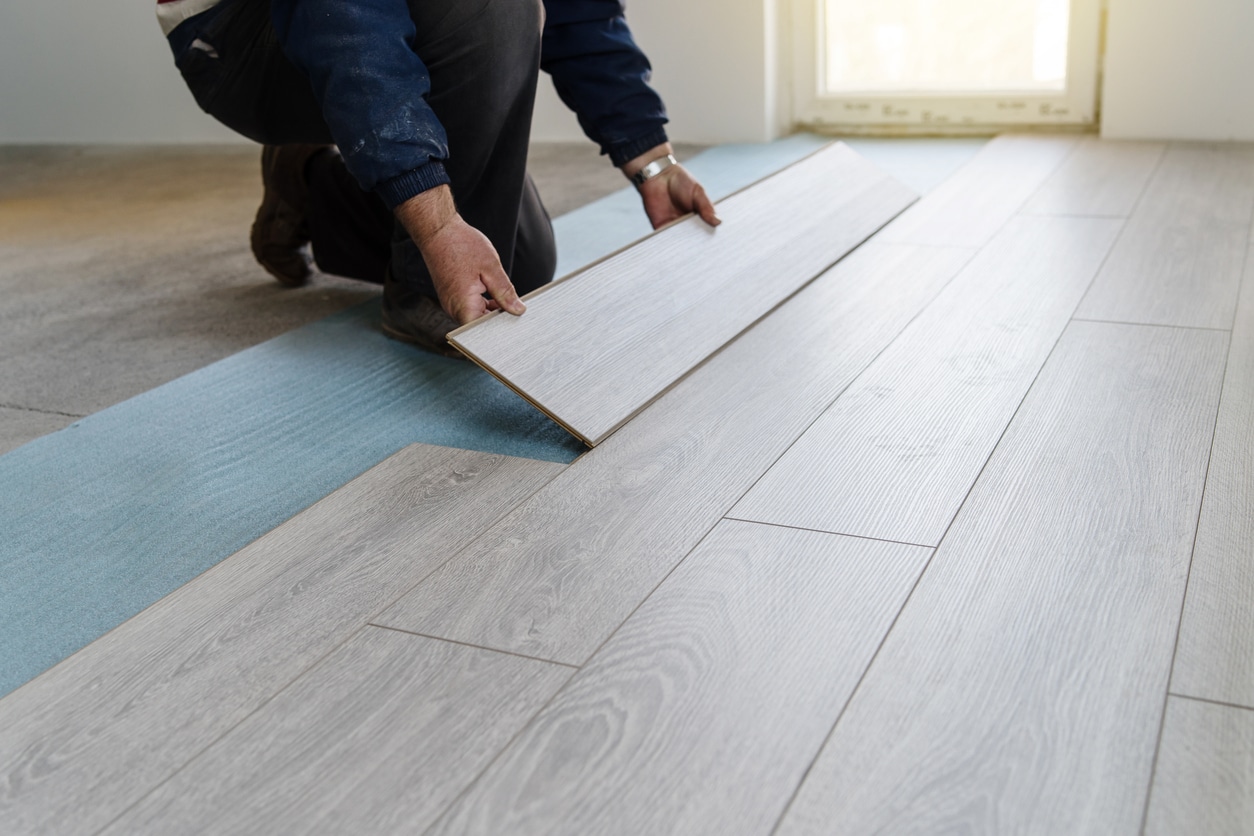
If you are thinking of renovating your Florida condo, there are certain steps you must take before construction can begin. First and foremost, you must check your Association’s Governing Documents (Declaration of Condominium and Condo Rules) to be sure your proposed renovation is allowed. Second and equally important is ensuring that you have the necessary permits for the job and that you hire a licensed contractor. Here are some helpful tips to handle your condo renovation from an experienced Florida condo attorney.
Check Condo Association Rules
Before you embark on a costly renovation project, you must confirm that your Association’s Governing Documents allow you to do the project. Condominium Association’s Governing Documents include the Declaration of Condominium, Articles of Incorporation, By-Laws and the Rules and Regulations. Some Associations limit the types of permissible renovations. Others may restrict the kinds of materials you can use. Because renovating a condo unit may impact common elements, as well as neighboring units, Associations have rules in place to protect current and future owners from contractors who might be cutting corners and creating long-term issues. For example, if a contractor pierces a main water line during a condo bathroom renovation, the units below may be flooded.
Rules and procedures will vary from association to association, but most require owners to first submit an architectural change form that includes scope of work and contractor. If your renovation will impact plumbing and electricity for other units, you may be required to use a licensed contractor. Other rules will depend on building architecture and whether the units are stacked like apartments or side-by-side like townhouses. For example, in stacked buildings, wood flooring may be an issue because of the noise factor. Some Associations require soundproofing for hardwood floors or restrict unit owners to carpet.
Condo renovation usually requires Association approval when certain areas are involved, including:
- Interior or exterior walls
- Structural floor
- Ceilings
- Columns
- Finish flooring
- Plumbing
- Electrical
- Aesthetic changes to exterior
On the other hand, examples of renovation projects that may not need Association approval include:
- Interior painting
- Crown molding
- Replacing baseboards
- Replacing or repairing door and window casings
- Replacing light fixtures, outlets, and switches
- Replacing shower, bath, or sink fixtures
Failing to inform your Association or to follow the correct procedures and requirements can have serious consequences, including hefty fines and/or being forced to undo the work. Bottom line, getting permission (in writing) from your Association and communicating with your neighbors before conducting any work in your condo will be far less costly and risky than asking for forgiveness later.
Obtain the Necessary Municipal Permits and Hire a Licensed Contractor
Once you have confirmed that you are allowed to renovate your condo, you must get the required permits. It is important to understand that the permission you may have to obtain from your Association is separate from the municipal permits that may be required to undertake your renovation. Association permission refers to the legally binding agreement between you and your Association, whereas municipal permits might include city, county, or even state permits for activities related to remodeling. Examples of condo renovation projects that will likely require a municipal permit include demolishing a load-bearing wall; installing any new electrical wiring or adding circuits; and exterior doors, windows, and skylights that require a new opening.
If you belong to a Homeowners Association (HOA), as opposed to a condo Association, keep in mind that HOAs are particularly concerned with maintaining the property as a whole and may deny permission for renovation — interior or exterior — that impairs or changes the structural integrity of the building.
In addition to requiring that any contractor be licensed, some Associations require contractors to provide proof of general liability and workers’ compensation insurance and to name the Association as an additional insured.
How We Can Help With Your Condo Renovation
If you find yourself in a dispute with your condo association or HOA over proposed or ongoing renovations, and need an experienced attorney to fight for you, we welcome you contact us at (954) 966-4909. We serve the legal needs of individual condominium owners, home owners, and cooperative owners in resolving disputes with their associations throughout Florida, including Broward, Dade, and Palm Beach Counties, as well as Hollywood, Davie, Pembroke Pines, Hallandale, Sunny Isles, Aventura, Miami, North Miami, Brickell, Boca Raton, West Palm Beach, and Naples. We only represent owners, not Associations.
Please note that free case evaluation is by telephone and does not include legal advice. Office consults with legal advice are available on a flat fee basis.

